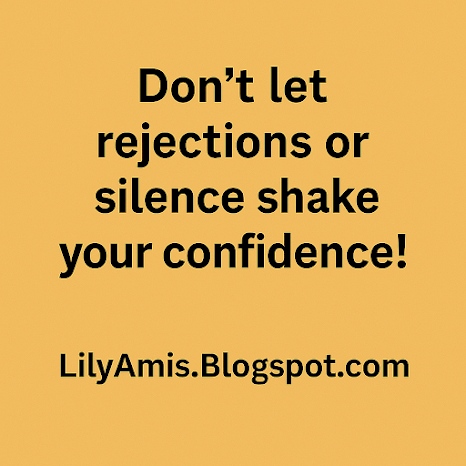The Great Thing About DISCO!

For many months now, I’ve been pitching my music in different genres (Pop,R&B, and Rap) to music libraries, hoping for sync placements. Before I hada DISCO account, whenever I pitched my music and received no answer—or just astandard rejection—I thought the problem was my music.
But here’s the truth: like everything else in life, tastes are subjective.There’s no absolute right or wrong. It’s about finding the right audience. Ever since I started creating DISCO playlists for each pitch, I’vegained something invaluable: clarity. Now I know for sure when a library orsupervisor hasn’t even listened to my submission. And that changed everythingfor me.
Why DISCO Matters
DISCO shows you whether your links have been opened, how often they’ve beenstreamed, and even if the tracks were downloaded. That means when you receivesilence or a rejection, it often has nothing to do with your music—it’s simplythat no one even pressed play.
And honestly? That’s the most disrespectful part. Artists invest hoursresearching catalogs, following submission guidelines, writing personalizedpitches, and curating playlists. If a company doesn’t want submissions, Irespect the ones that are upfront about it on their website. But pretending toaccept submissions, letting artists wait for months, and then sending a coldrejection without feedback is unprofessional and damaging.
The Myth of “Respect theLibraries”
Many so-called “sync gurus” on Instagram and music blogs keeprepeating:“Don’t pitch too much.”“Only send to 2–3 libraries per week.”“Respect the libraries.”At first, I followed these rules. But after weeks of silence, I checked myDISCO stats—and not a single link had even been opened. That’s when I ran anexperiment: I pitched to 100 libraries at once. Guess what? Out of 100,only 22 actually listened.
That was the moment I realized: many of these companies don’t truly supportnew artists, even though they take 50% of placements when they do profitfrom our work.
Lessons Learned (So You Don’tWaste Time)
Don’t waste time combing through catalogs and following “perfect” submission guidelines if the companies don’t even listen. Don’t take rejection personally. Most of the time, your music wasn’t even heard. Don’t measure your worth by how many replies you get. A “no” or silence often means nothing about the quality of your music.Instead:
Spend more time writing, producing, and creating great music. Use tools like DISCO to track your pitches and protect your time. Focus on non-exclusive libraries or direct-to-supervisor pitching where you keep control. Build your own licensing strategy (even through your own website) so you’re not fully dependent on gatekeepers.Final Thoughts
The time I wasted researching libraries that never listened—I’ll never getthat back. But what I did gain is perspective. If you’re an indie artist tryingto break into sync, don’t let rejections or silence shake your confidence.
Believe in your work. Believe in your mission. Guardyour time and energy fiercely.
Your music matters—and the right people will hear it when the time isright.
Helpful Resources for IndieArtists on the Sync Journey
Here are some tools and platforms I’ve found useful on my own path:
DISCO – Upload, share, and track your music pitches with streaming/download stats. Songtrust – Global publishing administration for indie artists. BMI / ASCAP – Performing Rights Organizations (choose depending on your territory).


